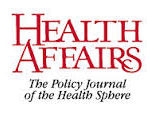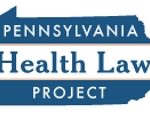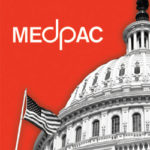House May Address Doc Fix Bill This Week
Means-testing for Medicare beneficiaries.
Modest raises for doctors now and the promise of no cuts for a decade.
An extension of the Children’s Health Insurance Program (CHIP) for ten years.
These and other provisions are part of a new bill expected to move to the House this week that would eliminated the use of the Medicare sustainable growth rate formula (SGR) that threatens to cut Medicare payments to doctors 21 percent beginning on April 1.
 For years Congress has implemented temporary measures to prevent similar cuts but now, it appears to be serious about addressing the problem permanently by eliminating the SGR formula and introducing in its place a new payment system for doctors that pays them based on the quality rather than the quantity of care they deliver.
For years Congress has implemented temporary measures to prevent similar cuts but now, it appears to be serious about addressing the problem permanently by eliminating the SGR formula and introducing in its place a new payment system for doctors that pays them based on the quality rather than the quantity of care they deliver.
What’s in this latest proposal? Kaiser Health News has published an FAQ that describes the issue, the proposed solutions, and the challenges those solutions face in the coming days. See that FAQ here.






